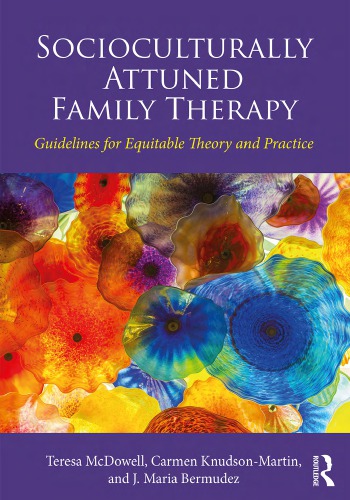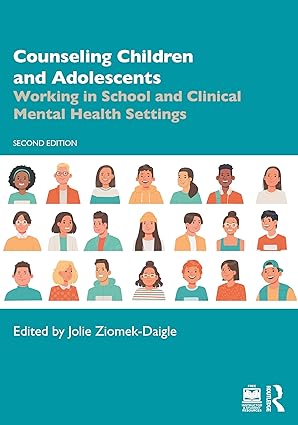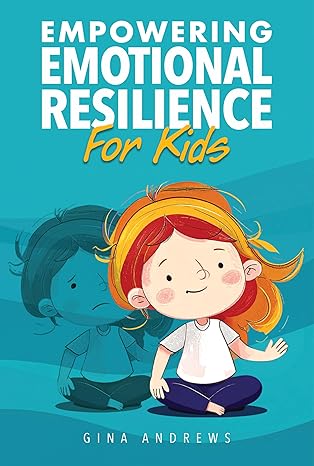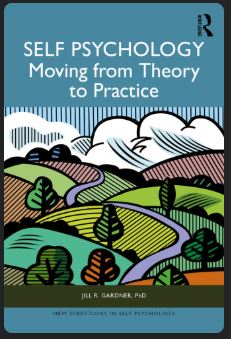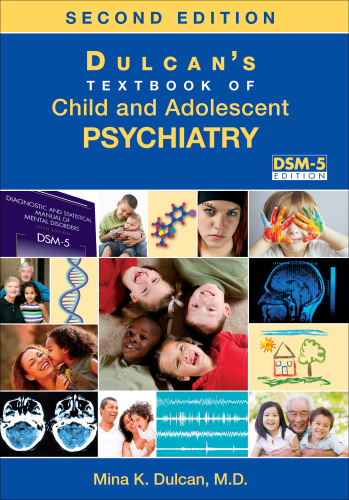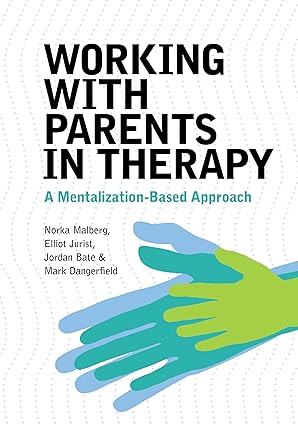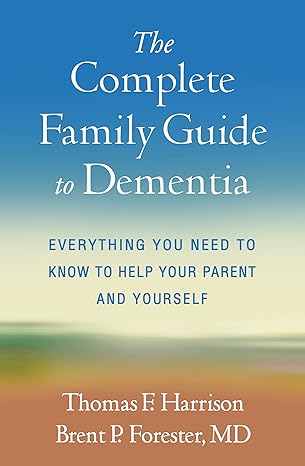When we see links across individual, relational, community, and societal systems, we often don’t know how to intervene in helpful ways. We question how we should use our awareness of social dynamics, including the impact of social location (e.g., race, social class, sexual ori- entation, nation of origin, abilities, gender, religion/spirituality, region) and societal systems (e.g., capitalism, patriarchy, democracy, social welfare institutions, educational institutions) to help families. We wonder how to fluidly move between assessing the impact of societal systems and making specific socioculturally attuned clinical interventions. Here we address what we find most challenging, which is how to do this while adhering to, or being informed by, family therapy models. In Socioculturally Attuned Family Therapy: Guidelines for Equitable Theory and Practice we address the need for socially responsible family therapy that infuses diversity, equity, and inclu- sion throughout theory and clinical practice. This includes attention to societal systems that shape our daily lives at intimate, local, national, and global levels. A variety of family therapy theories and models are routinely taught in advanced educational programs and practiced by clinicians worldwide. We join those who struggle to teach these models while helping stu- dents and supervisees integrate social awareness into actual practice. As practitioners ourselves, we share difficulties professionals face in realizing truly just practice without abandoning their theoretical foundations. The primary question that guides our work is: How do we continue to use the models we so value in family therapy in ways that integrate the impact of culture, societal context, and power as essential considerations in therapeutic change?
چکیده فارسی
وقتی پیوندهایی را بین سیستمهای فردی، رابطهای، اجتماعی و اجتماعی میبینیم، اغلب نمیدانیم چگونه به روشهای مفید مداخله کنیم. ما سؤال میکنیم که چگونه باید از آگاهی خود از پویاییهای اجتماعی، از جمله تأثیر موقعیت اجتماعی (به عنوان مثال، نژاد، طبقه اجتماعی، گرایش جنسی، ملت مبدا، تواناییها، جنسیت، مذهب/معنویت، منطقه) و سیستمهای اجتماعی (مثلاً). ، سرمایه داری، مردسالاری، دموکراسی، مؤسسات رفاه اجتماعی، مؤسسات آموزشی) برای کمک به خانواده ها. ما تعجب میکنیم که چگونه بین ارزیابی تأثیر سیستمهای اجتماعی و انجام مداخلات بالینی هماهنگ اجتماعی فرهنگی خاص حرکت کنیم. در اینجا ما به آنچه که بیش از همه چالش برانگیز می دانیم، می پردازیم، که این است که چگونه این کار را در حین پایبندی به مدل های خانواده درمانی یا مطلع شدن از آنها انجام دهیم. در خانواده درمانی سازگار اجتماعی فرهنگی: رهنمودهایی برای تئوری و عمل عادلانه، ما نیاز به خانواده درمانی مسئولیت پذیر اجتماعی را که تنوع، برابری، و شمول را در سراسر تئوری و عمل بالینی القا می کند، بررسی می کنیم. این شامل توجه به سیستم های اجتماعی است که زندگی روزمره ما را در سطوح صمیمی، محلی، ملی و جهانی شکل می دهد. انواع تئوری ها و مدل های خانواده درمانی به طور معمول در برنامه های آموزشی پیشرفته آموزش داده می شود و توسط پزشکان در سراسر جهان اعمال می شود. ما به کسانی میپیوندیم که برای آموزش این مدلها تلاش میکنند و در عین حال به دانشآموزان و سرپرستان کمک میکنیم تا آگاهی اجتماعی را در عمل واقعی ادغام کنند. ما خودمان بهعنوان تمرینکنندگان، مشکلاتی را که متخصصان برای تحقق بخشیدن به تمرین واقعاً عادلانه بدون رها کردن مبانی نظری خود با آن مواجه هستند، به اشتراک میگذاریم. سوال اصلی که کار ما را راهنمایی میکند این است: چگونه میتوانیم از مدلهایی که برای خانوادهدرمانی بسیار ارزشمند هستیم به روشهایی استفاده کنیم که تأثیر فرهنگ، بافت اجتماعی و قدرت را به عنوان ملاحظات اساسی در تغییر درمانی یکپارچه کنند؟
ادامه ...
بستن ...
Author(s): Teresa McDowell, Carmen Knudson-Martin, J. Maria Bermudez
Series: 1st Edition
Publisher: Routledge, Year: Nov 23, 2017
ISBN: 9781317193654
ادامه ...
بستن ...
